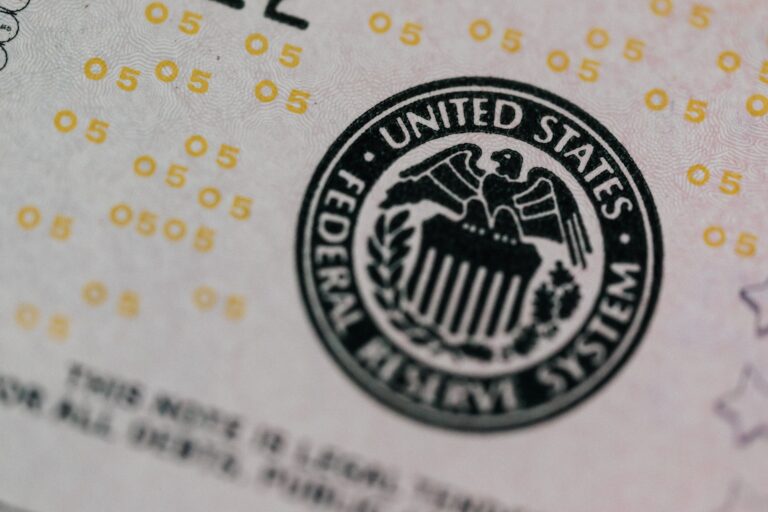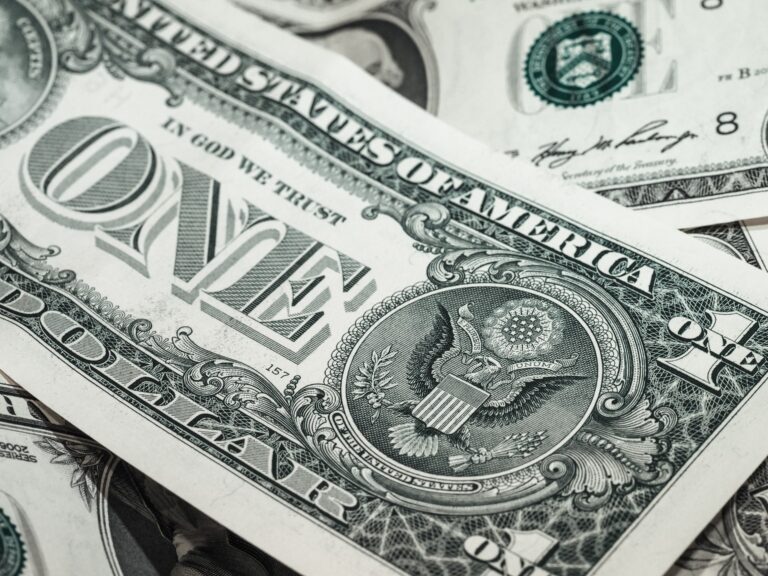
Morning Brief – They’re all at it
They’re all at it
We have been used to the protagonist of central bank hawkishness being the United States. With this week ahead of Easter only a day or so old, it is clear that the narrative so far has evolved to focus upon the rest of the world. So far this week we have heard hawkish comments from policy makers in the Eurozone, Switzerland and Australia. This is setting the stage for a potential underperformance in more peripheral non-US treasury bond prices. From the Eurozone, Robert Holzmann of the ECB confirmed that a 50-basis point hike was still on the cards provided financial, particularly banking, conditions do not deteriorate further. Whilst markets will be evaluating to what extent the comments of this policy maker reflect the wider governing council, the suggestion can only continue to support EURUSD as it continues to test its resistance levels.
Similar comments were to be observed in Australia, this time coming from long-serving Governor Philip Lowe. The RBA’s interest rate decision overnight confirmed expectations that the central bank would pause its year-long rate hiking cycle. Despite the headline April decision, he confirmed, with similar caveats this time surrounding banking conditions but also the oil price, that come May a 50-basis point hike for the RBA may once again be appropriate. As you might expect, following the sale of Credit Suisse to UBS, there has been considerable attention paid to the Swiss banking sector. We have heard admonitions about the significance of the over-weekend sale of the bank for fear of financial collapse and banking crisis the very following Monday. More importantly, we have also now heard from Swiss officials through the noise that the transaction is unlikely to derail the central bank’s plan to raise interest rates should inflationary pressures continue. The SNB has maintained an extremely low interest rate second only to Japan and its Yen within FX majors.
Regarding OPEC+ and the comments made by the RBA Governor, disturbances in the oil market could be felt further afield. Whilst oil futures pricing will continue to be a barometer for recession expectations, following action from OPEC+ over the weekend they could also be an important factor in determining how long inflation will persist for. There is little doubt that the surprise decision by the group to constrict oil output further was aimed at financial markets and a desire to root out short positions in the market. They got the reaction they were looking for with futures prices up by as much as 8% following the decision. Unfortunately for the global economy and central banks, this is a meaningful price increase in a price inelastic and fundamental good. This could trigger additional inflationary pressures forcing many central banks to continue raising rates, particularly those banks of economies who are net-importers of oil.
Discussion and Analysis by Charles Porter

Related Insights

Daily Brief – Independent Central Banks
Independent Central Banks The concept that has served the USA and the wider world so well for more than 8 decades is being tested in respect of the Federal Reserve by POTUS and the financial world is largely so far, complacent. Distinguished economist Paul Krugman wrote an excellent piece yesterday and his conclusion, other than […]

Daily Brief – Jackson Hole
Jackson Hole This week’s annual gathering of top global economists and policy makers at the Wyoming resort will be more than usually closely followed by markets. The big event is on Friday when Fed Chair Powell will speak. Mostly the expectation is that Jerome Powell will adopt a less hawkish tone and will signal the […]

Daily Brief – 532,046
532,046 That was the number of members of the Labour Party at its peak in 2019. By the end of 2024, after Sir Keir and his team had won an election and placed their stamp on the UK, that number had fallen to 333,235. This together with the flagging Conservative Party represents the widespread disillusionment […]



 Humphrey Percy
Humphrey Percy